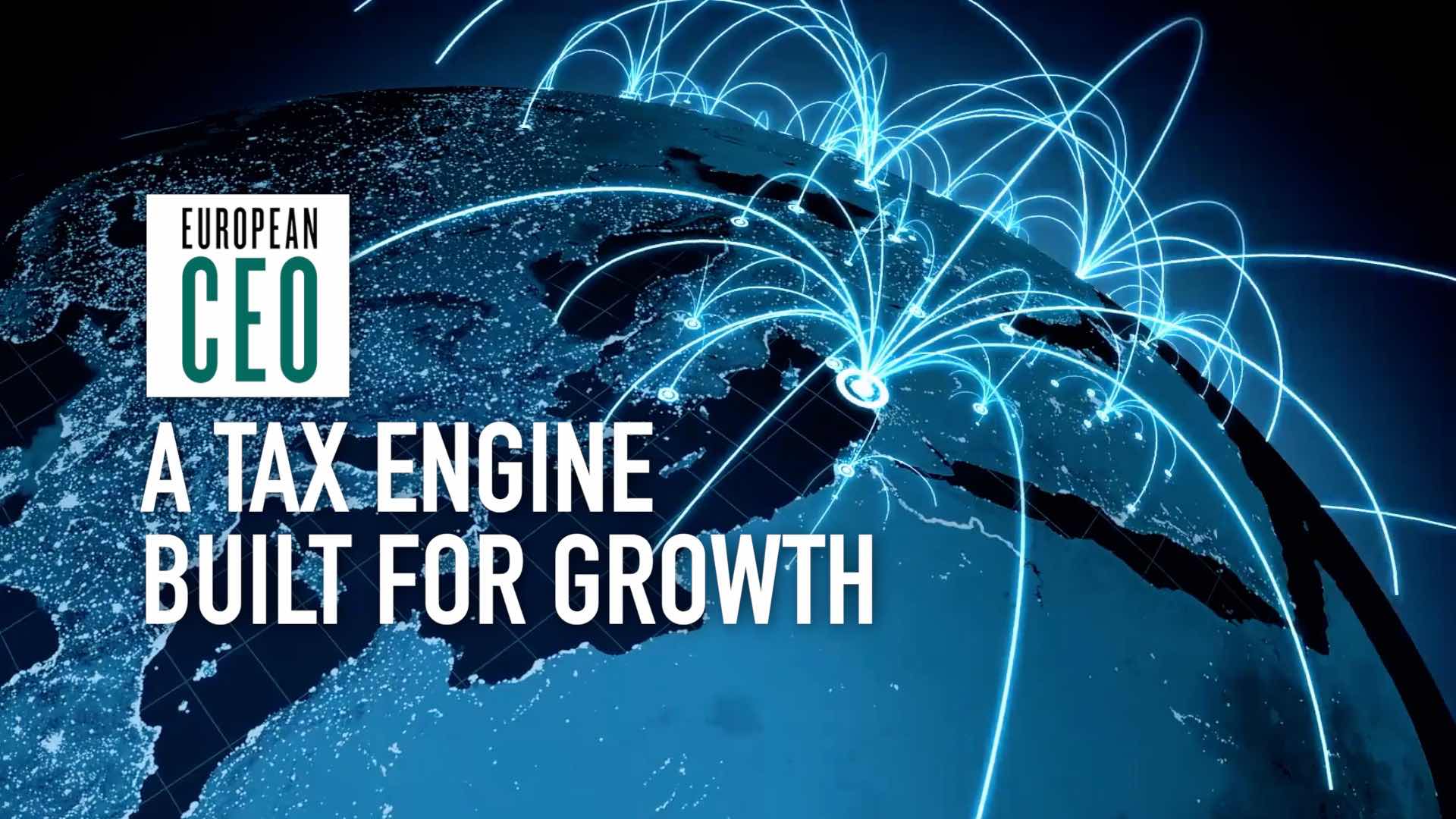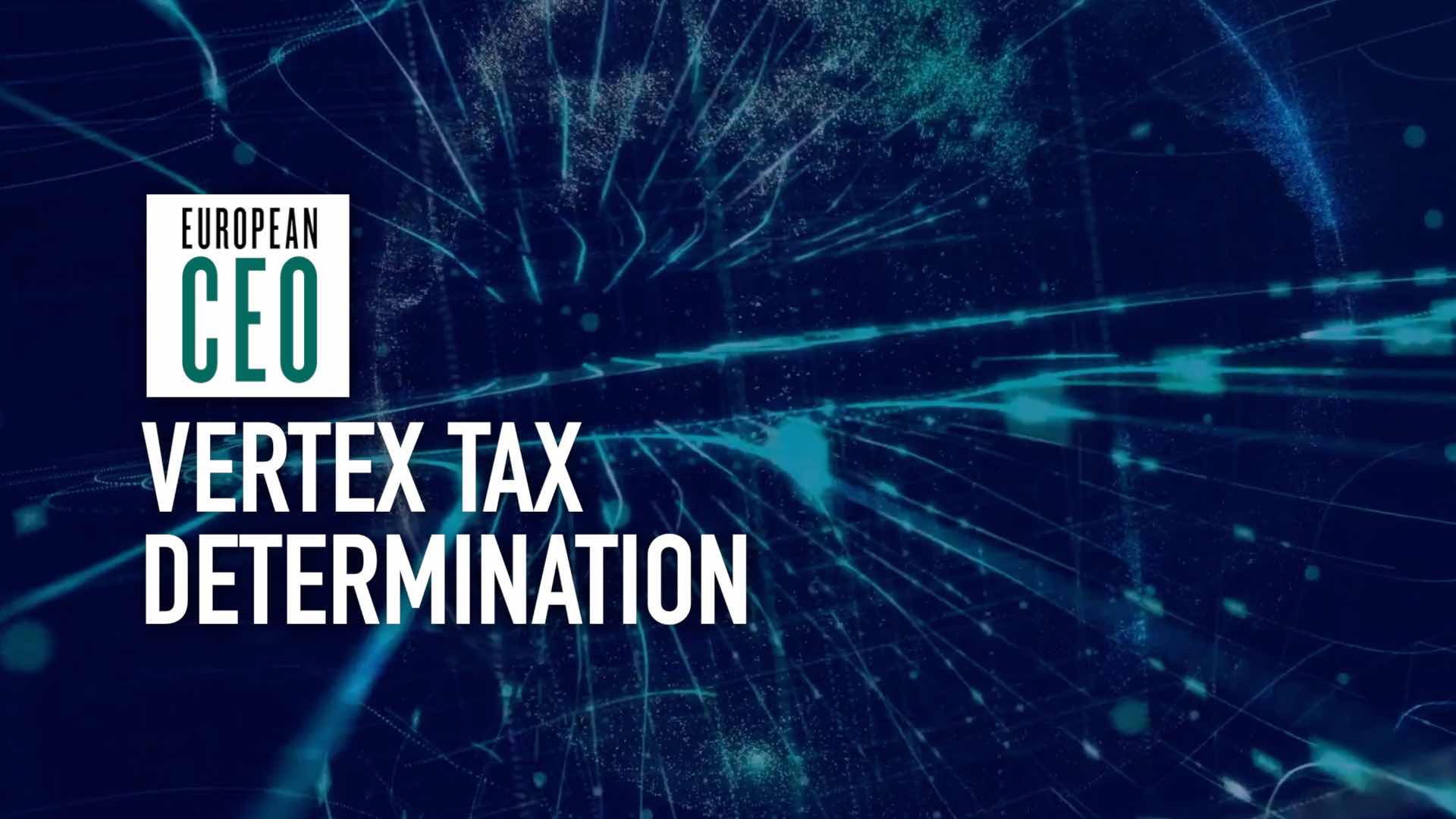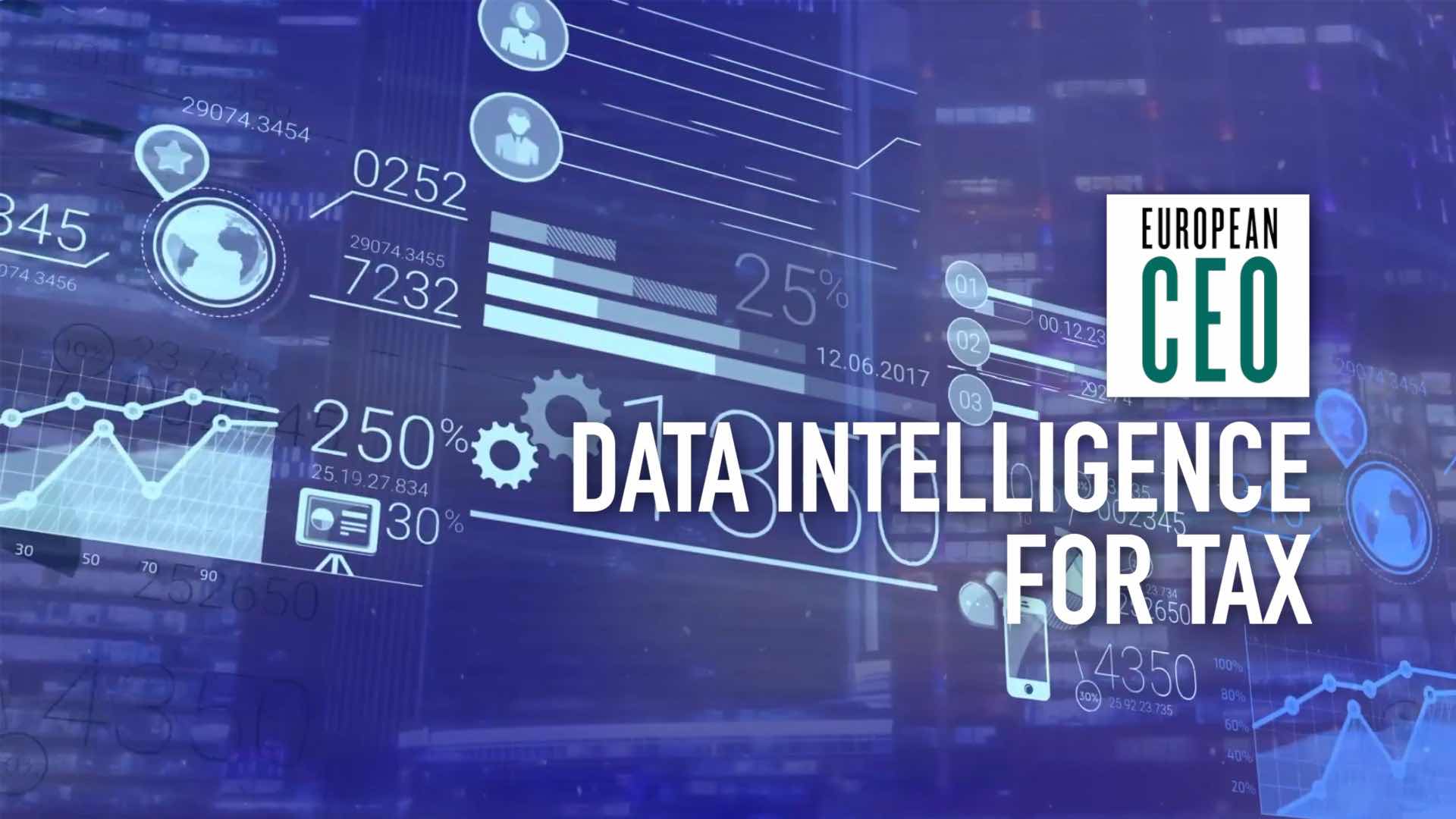India and GCC embrace tax technology in new GST and VAT regimes
Machine learning and blockchain are core components of new transaction-level data requirements, explains Rebecca Polley from Vertex
Transcript
The pace of change in tax compliance isn’t slowing. Regulatory requirements are continuing to shift and develop, and the new normal for compliance officers seems to be: do your best to keep up. Rebecca Polley from Vertex discusses India’s new GST and the GCC’s new VAT regimes. Tax authorities are becoming much better users of technology, she explains, and tax departments are going to have to review their processes and the tools they have available in order to submit as clean and accurate data as possible.
We’ll be publishing the rest of our interview with Rebecca Polley over the next few weeks, so do subscribe to European CEO on Youtube.
European CEO: Talk me through some of the latest changes you’re seeing in VAT and GST.
Rebecca Polley: There’s actually quite a few changes going on around the world. There’s the introduction of GST in India. In that particular system we’re seeing a new level of requirement in terms of data that companies have got to submit to the tax authorities, which are going to require taxpayers to submit their transaction-level data, that will be matched with the opposite party on that transaction. And any of that data that doesn’t match will actually go back to the taxpayers.
If we go to the GCC, they’ve announced a new value added tax. They are also looking for real-time transaction-level data from taxpayers. Again, another matching scheme with one of the objectives to reduce some of the VAT fraud. So I think that’s very important to keep an eye on, because some of those developments could be making their way back into the European system as governments start to evaluate the effectiveness of these new changes in some of these new regions.
European CEO: As you say, tax authorities are becoming increasingly aggressive in their pursuit of businesses; how are they achieving this?
Rebecca Polley: They’ve become much better users of technology. In our discussions with government taxing authorities, we’re hearing them talk about things like machine learning. If you look at some of the legislation around the GCC VAT roll-out, blockchain is one of their core components that they’re looking to implement as part of that process. They believe that that can really help to reduce VAT fraud. So they are becoming much more technologically advanced, in terms of their use of technology to get at data.
And that’s really what’s driving the requirement for companies to actually now start producing transaction-level data. Because they’ve got the tools and the analytics to be able to go in, look at that data, detect where there’s inconsistencies in that data. And they believe then, be much better prepared to focus in on taxpayers that are purposefully trying to avoid compliance.
European CEO: I suppose as governments and tax authorities are embracing technology, the only response for businesses is to also digitise their tax departments?
Rebecca Polley: Absolutely. And that’s the whole tax data management challenge. Because for large global multinationals we’re talking about millions, billions, trillions of lines of data that get produced on a monthly or annual basis. That’s not something that any human being can sit down and analyse. You’ve really got to have tools, advanced analytics, so that you as well yourself understand what the tax authorities are looking for, and make those corrections before you submit the data. That must be the ultimate objective, to submit as clean data as you possibly can to avoid interaction and having to go back and rework data and resubmit. There’s a lot of good technology out there to help in that direction. We certainly are in the middle of that, and something that we are offering to our customers as well to support these processes.
Nobody can predict the future. We don’t know what the pace of change will be. But we’re assuming that direction that we’re seeing today of more and more transaction-level data will continue. And therefore we believe it’s really important for companies to be thinking about, what is their data management strategy in tax specifically.
European CEO: Rebecca, thank you.
Rebecca Polley: Thank you.


 Vertex tax technology: How Siemens sought (and found) a tax calculation engine built for growth
Vertex tax technology: How Siemens sought (and found) a tax calculation engine built for growth Vertex tax technology: Global tax determination at speed and scale
Vertex tax technology: Global tax determination at speed and scale Vertex tax technology: Data intelligence for tax
Vertex tax technology: Data intelligence for tax